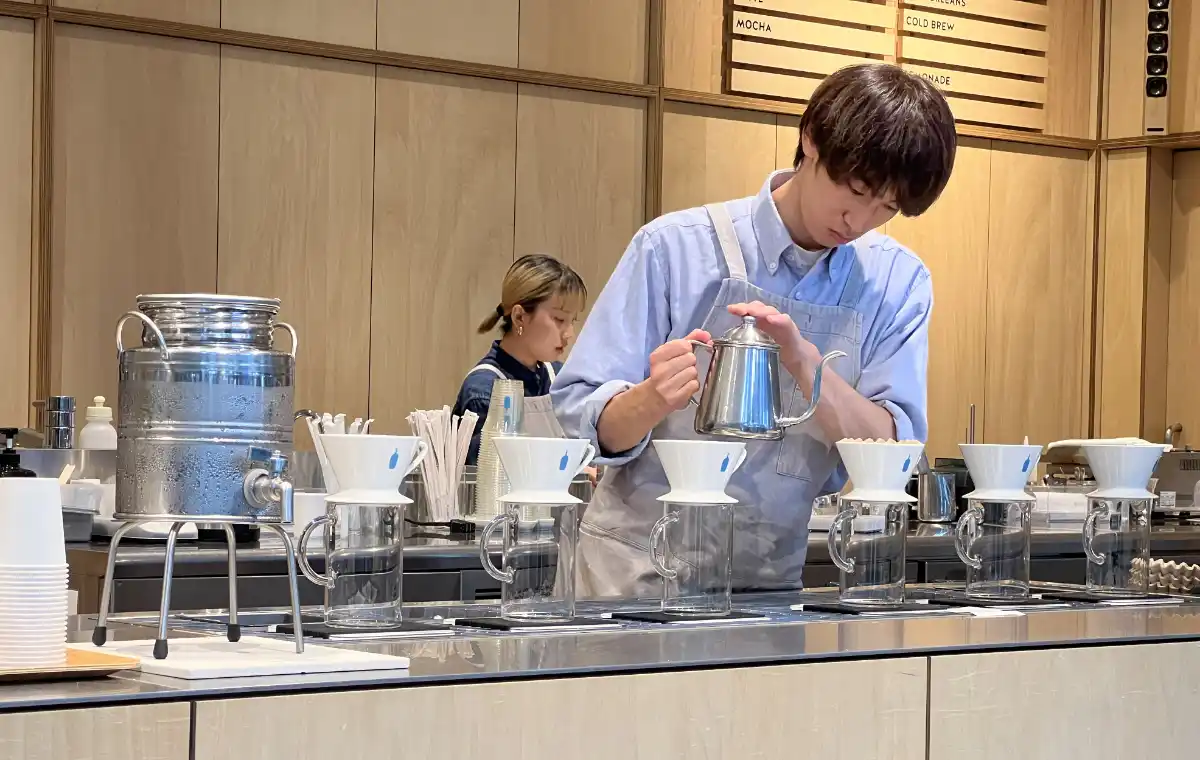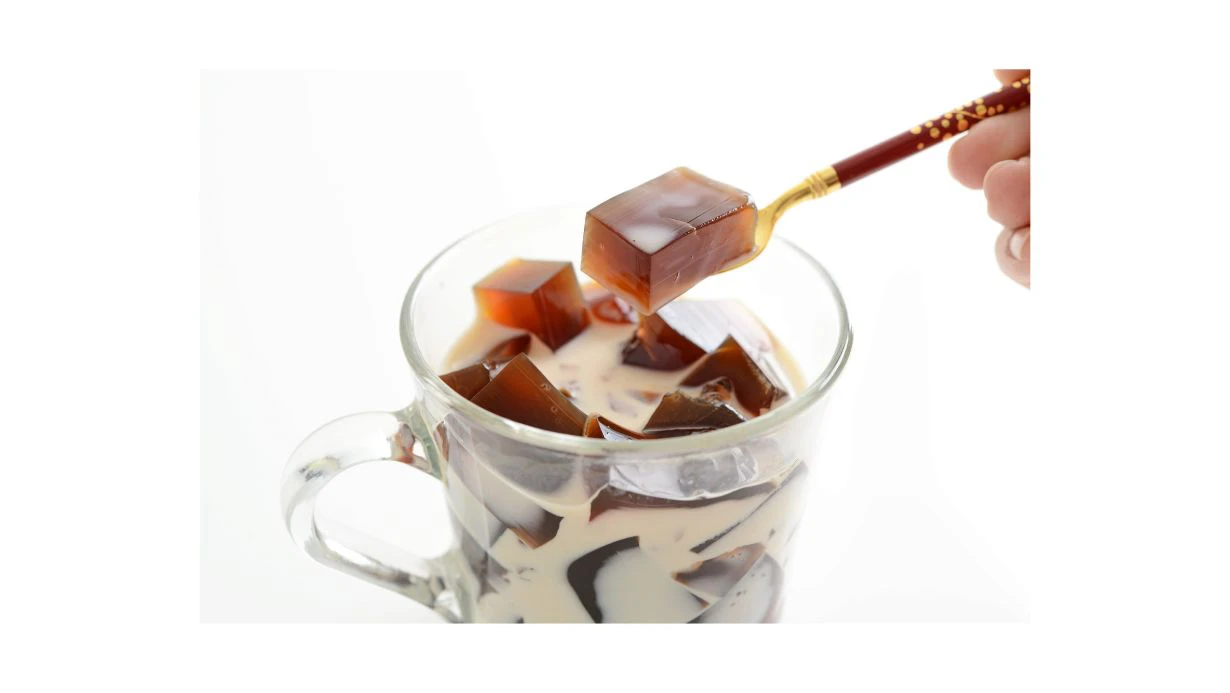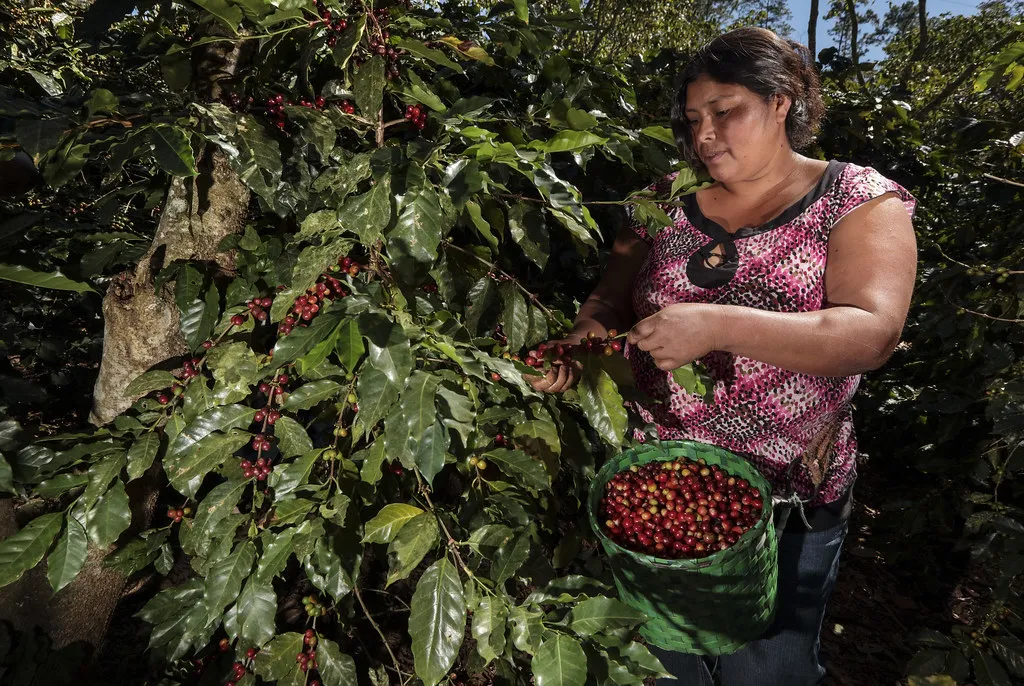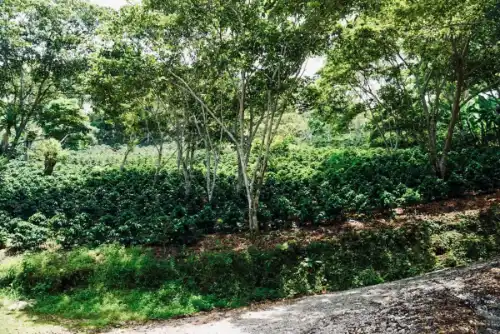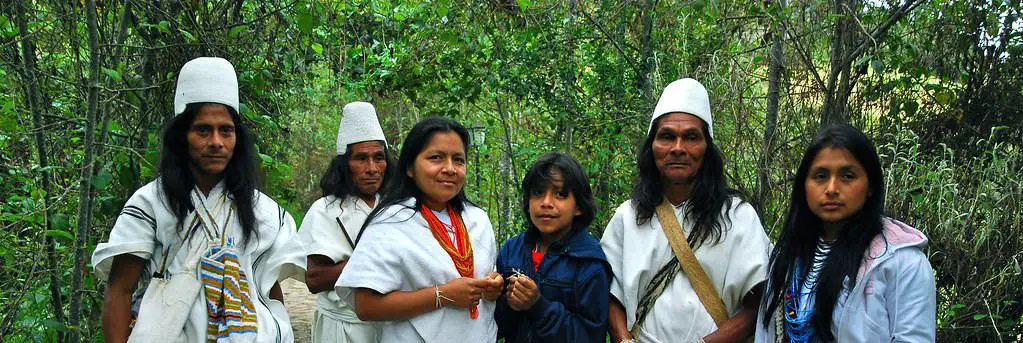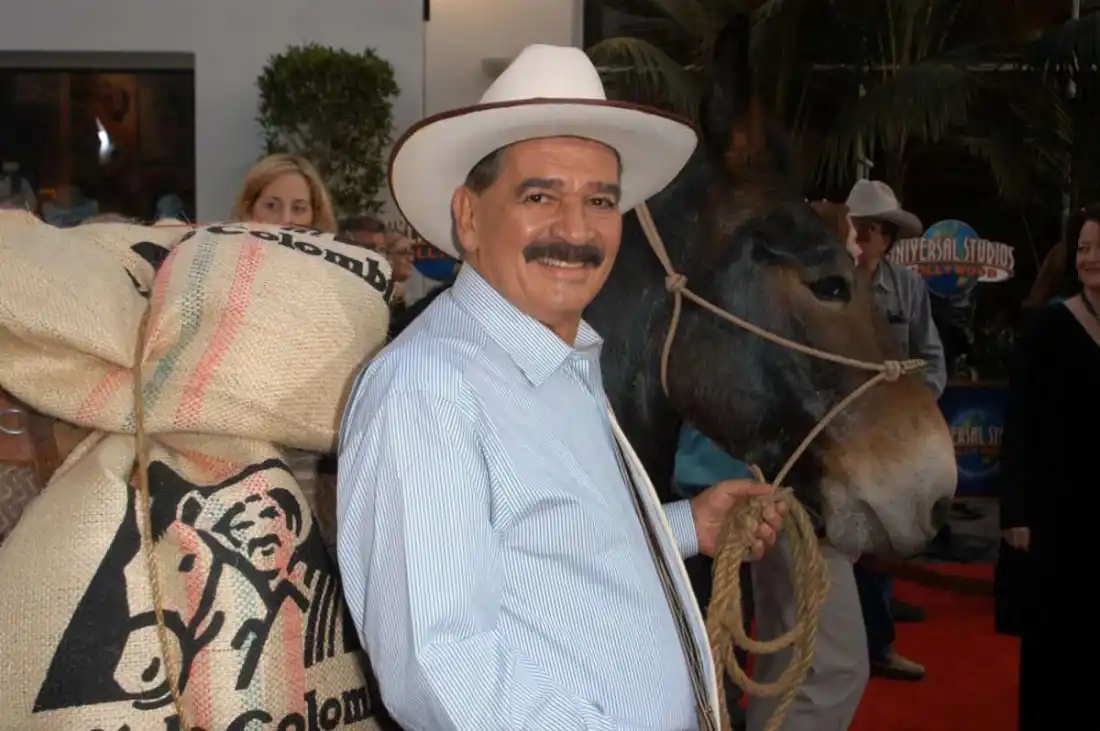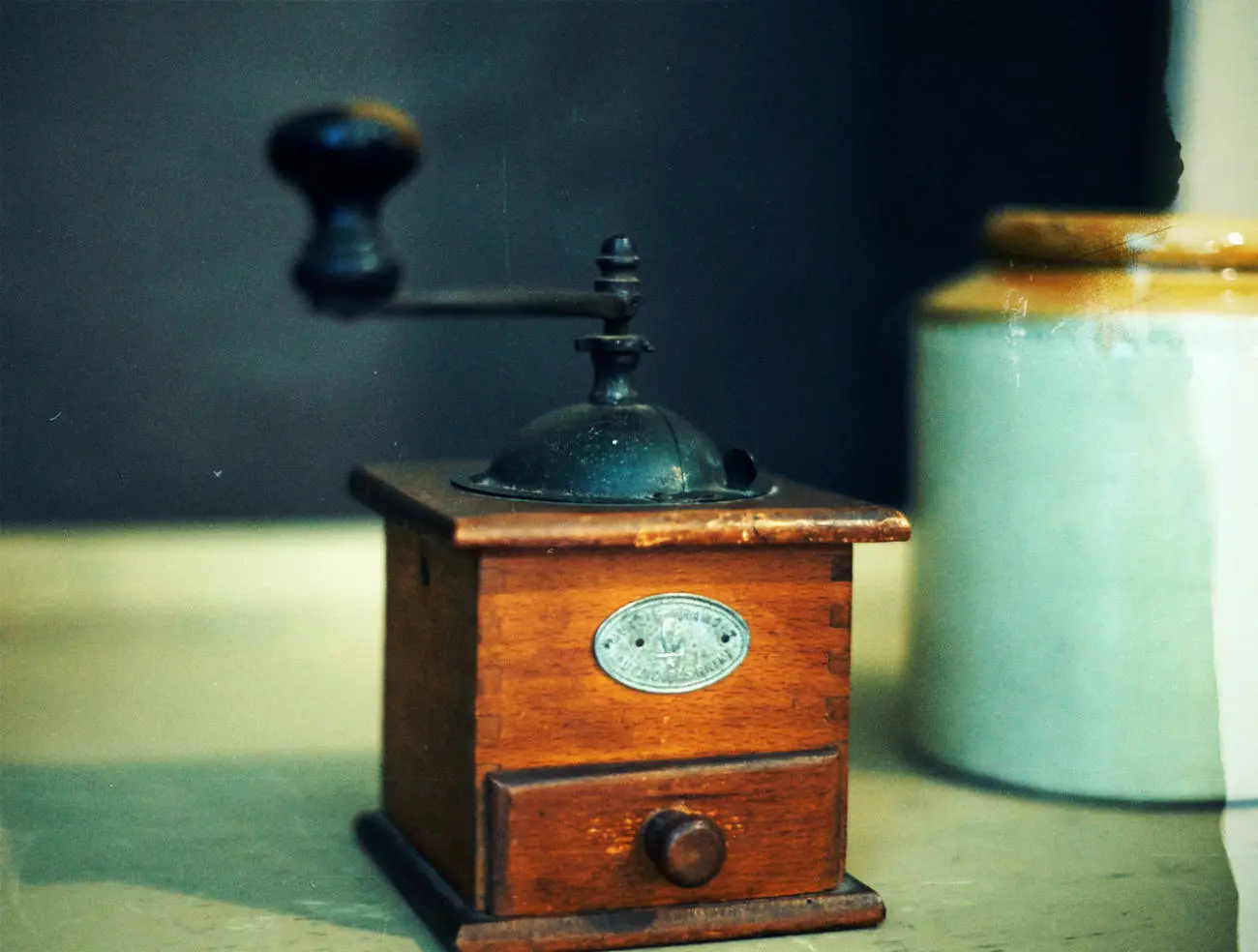Coffee culture in Japan dates back to the 17th century when Dutch traders introduced coffee for the first time. However, it wasn’t until the 20th century that coffee became popular in Japan. Coffee and snacks were served in kissaten, the traditional Japanese local coffee shop. Today, Tokyo is home to a thriving coffee scene with a great variety of coffee shops and chains to choose from.
Tokyo’s coffee scene is known for its attention to detail, quality, and presentation. Tokyo coffee shops take pride in their craft and offer carefully selected and roasted coffee beans, brewing methods, and unique menu items. From nostalgic coffee shops like Tricolore Café in Ginza to modern cafés with a minimalistic interior design, Tokyo has something for every coffee lover.
Part of the coffee culture are the ubiquitous coffee chains, which are convenient and affordable. In this post, I will focus on the popular chains a visitor will most likely encounter. Don’t be afraid to venture out and make your own discoveries, adding to your coffee experience.
Coffee chains in Tokyo
Granted, you can’t compare the coffee quality in a large chain coffee shop with that of an artisanal coffee shop run by a dedicated and passionate owner. This would not be fair and would be the topic of another post.
The best thing about coffee chains in Tokyo is that you can find them wherever you go. They are literally everywhere: at train and subway stations, shopping malls, office buildings, hospitals, major intersections, and residential areas.
Tokyo coffee chains generally serve decent coffee and offer a variety of light meals. Quality is generally good, and prices are very affordable.
Most offer free Wi-Fi and even provide outlets to charge your laptop or smartphone.
These coffee shops are ideal for a caffeine fix and a quick bite whenever needed.
7 popular coffee shop chains
Starbucks
I am certainly not a fan of this mega-chain and its coffee, but as it is dominating the market in Japan with 1,784 stores as of Jan. 2023, it makes the first place in this list.
Starbucks has become a favorite brand among young Japanese, not least because of its international image.
They get their coffee from their own local coffee roastery – the Starbucks Reserve Roastery in Meguro-ku, Tokyo. A Japanese star architect has designed the stunning building, which has become a major attraction to Japanese and international tourists. It is worth the trip, but avoid weekends as it will usually be very crowded.
The drink choices include the overpriced and oversweetened espresso-based concoctions I don’t care for. The machine drip coffee is of the harsh and overroasted kind, and the espresso is push button. Not for me, thank you.
However, in a few select stores, they offer a choice of hand-drip single-origin coffees at a steep price.
To go with your favorite drink, they offer sandwiches and a number of bakery items. I have to admit I didn’t try any as they did not look appealing to me.
On a positive note: They are selling a variety of roasted coffee beans, their own blends, as well as interesting single-origin coffees from various countries. As the supply of the top single-origin coffees is usually limited, they change their offer often.
Tully’s Coffee
Tully’s also originates from Seattle, like Starbucks, opening their first store in Tokyo in 1997. In 2006, Tully’s Japan was acquired by the major Japanese tea company Ito-En. It continued to grow under Japanese management to 760 stores in Japan (as of 2022). The original American Tully’s did not survive.
The interior is well-appointed, the atmosphere relaxing and comfortable, and you do not feel rushed at any time.
Coffee choices
Tully’s is my absolute favorite for coffee and good espresso among Tokyo coffee chains. It is one of the few chains using a classic Italian espresso machine and drawing a well-rounded espresso by hand. When enjoying your espresso in-store, they serve it in porcelain cups. All other drinks are served in paper cups.
The coffee menu lists the most authentic Italian-style coffee preparations among all major coffee chains in Tokyo, like espresso con panna, espresso macchiato, latte, americano, and cappuccino. Because of the superb quality of Tully’s espresso, they are all clear winners.
The regular blend coffee is well-rounded and pleasant, thanks to high-quality coffee beans. Besides the regular blend, Tully’s offers a coffee of the day, using one of their special blends or some single-origin quality coffee. You can also buy these coffee beans to enjoy at home.
Food choices
The food menu offers a range of items from sandwiches to pasta dishes and bakery items to go with the coffee. And there is also my favorite, the “Ball Park Hot Dog Original”. The sausage contains the occasional grease particles and is not as good as Doutor’s, and the mustard is the yellow sludge kind. But with the relish, it somehow works, and I order it fairly regularly.
Here is an excerpt of their English menu.
Note that the pasta dishes are not available at every location.
Coffee beans
If you want to buy excellent coffee beans to take home, Tully’s has you covered. They offer a great selection of coffees, from several house blends to wonderful coffees of single origin. The offer changes according to availability. The last time I went there, they even had a single-origin coffee from the Galapagos Island. I was not aware that they are growing coffee on these islands. This one was a bit more expensive due to its rarity, but the other choices are in a reasonable range between 8 and 10 bucks.
Doutor Coffee
Doutor Coffee is the biggest Japanese coffee chain, with over 1,000 locations in the country. Their first cafe opened in 1980 in the fashionable neighborhood of Harajuku. The idea was to create European-style cafes. But they did not forget to blend it with modern Japanese design elements.
Coffee choices
Doutor takes pride in carefully selecting green coffee from around the world and uses direct-fire roasting to bring out more flavors, resulting in a balanced cup of machine-drip coffee. The espresso is also quite good, even though it comes from a push-button machine. In their cafes, they use German-made coffee machines by WMF, a major manufacturer of coffee equipment.
Besides coffee, Doutor also offers various teas. To add a decidedly Japanese flavor, Match Latte and Hojicha Latte are on the menu, definitely worth trying. Be on the lookout for their innovative seasonal creations.
Food choices
The food menu contains a variety of sandwiches and pastries that go well with coffee. The sandwich menu is renewed on a regular basis, matching the season.
My favorite is a simple hot dog called “German Dog”. The naming is probably because of a German Meister butcher who had taught them in the 1970s how to make a great sausage. This is the one food item that has remained on the menu unchanged for the past 30 years. You will also find hot dog in other coffee chains, but Doutors’ is clearly the best. It’s not only the sausage but the rotisserie mustard that makes a difference. I love this mustard and always ask for a generous serving. Most of their stores are happy to comply, but occasionally you may run into one which doesn’t.
For your reference, the English menu is available on the Doutor website.
Excelsior Caffé
Excelsior Caffé is a stylish coffee chain with over 900 locations in Japan, including Ginza, the upscale shopping district. It is owned by the same company as Doutor and presents itself as a premium coffee brand. The elegant interior and pleasant background music create a pleasant and relaxed atmosphere. Free WiFi is available, making this chain an ideal place for working on your next blog post.
Coffee choices
The coffee blend at Excelsior is of the same quality as the direct-fire roasted coffee from Doutor; it is quite drinkable. Espresso is made with a real Italian-built espresso machine. Its quality depends on the skill level of the service staff; there may be hits and misses. I tried a caffé latte as well, and it was quite tasty. The milk was foamed to a silky mouthfeel, and the espresso was very aromatic. On top, it even included a simple latte art.
For those with a sweet tooth, there are compositions like Almond Caramel Caffé Latte or Maple Caffé Latte, cocoa, and tea. Look out for special offers changing with the seasons.
Food Choices
Food items include sandwiches (called panini), hot rice dishes, cakes, and pastries. I tried a sandwich with Italian ham and canned camembert. It was ok, but nothing to write home about. But I may just be a bit too picky.
Given the premium interior and better espresso-making, expect prices to be slightly higher than at Doutor.
Blue Bottle Coffee
Blue Bottle Coffee is a trendy chain originating from California, USA. Founded in 2002, it is still a newcomer in the coffee scene. In 2015, they set up their first overseas location in Kiyosumi-Shirakawa, an area in Tokyo now considered a “coffee town”. From here, they started expanding to 15 stores in Tokyo alone, mostly in upscale locations. In 2017, the Swiss food giant Nestlé took the majority of Blue Bottle Coffee.
The Blue Bottle Coffee shops all have a modern, minimalistic design that creates a pleasant and soothing atmosphere. And you can immediately feel their determination for quality.
Coffee choices
The coffees are all hand-dripped and carefully prepared without unduly rushing. The choice is between the house blend and a single-origin coffee. Yes, there is only one single-origin coffee, which was quite disappointing. At least they are frequently changing it.
One interesting item on the drink menu is the NOLA. It is a New Orleans-style coffee made with chicory, milk, and organic cane sugar. It reminds me of the famous Café du Monde from New Orleans, which I really like. I did not try the Blue Bottle version this time – I already had my daily caffeine quota.
Food choices
The food menu is somewhat limited and focuses more on the sweet stuff. Here is the menu of the Roppongi Store. (for English, scroll down)
Fun fact: They borrowed their name from the first coffee shop in Vienna, “Zur blauen Flasche”, which was established in 1683 after the defeat of the Turkish invaders. (More about coffee in Vienna.)
Ueshima Coffee
Ueshima Coffee is part of the Japanese coffee company UCC, the undisputed leader of the coffee industry in Japan. UCC was founded in 1933 and introduced the first canned coffee world wide in 1969.
UCC owns and operates coffee estates in Jamaica (Blue Mountain) and Kona, Hawaii. They also have subsidiaries in several other coffee-producing countries, giving them access to the finest coffee beans.
Coffee choices
While their packaged ground coffee in the supermarket is disappointing, the coffee served at their elegantly appointed coffee shops throughout Tokyo is a totally different experience. It is probably the best among coffee chains in Japan.
Ueshima’s focus is not on espresso-based drinks. Their specialty is coffee made with the Nel drip brewing method. It is essentially a pour-over coffee using a flannel filter, lower brewing temperature, a higher coffee-to-water ratio, and a coarse grind. Ueshima has developed an automated brewing system that mimics hand dripping by an experienced barista.
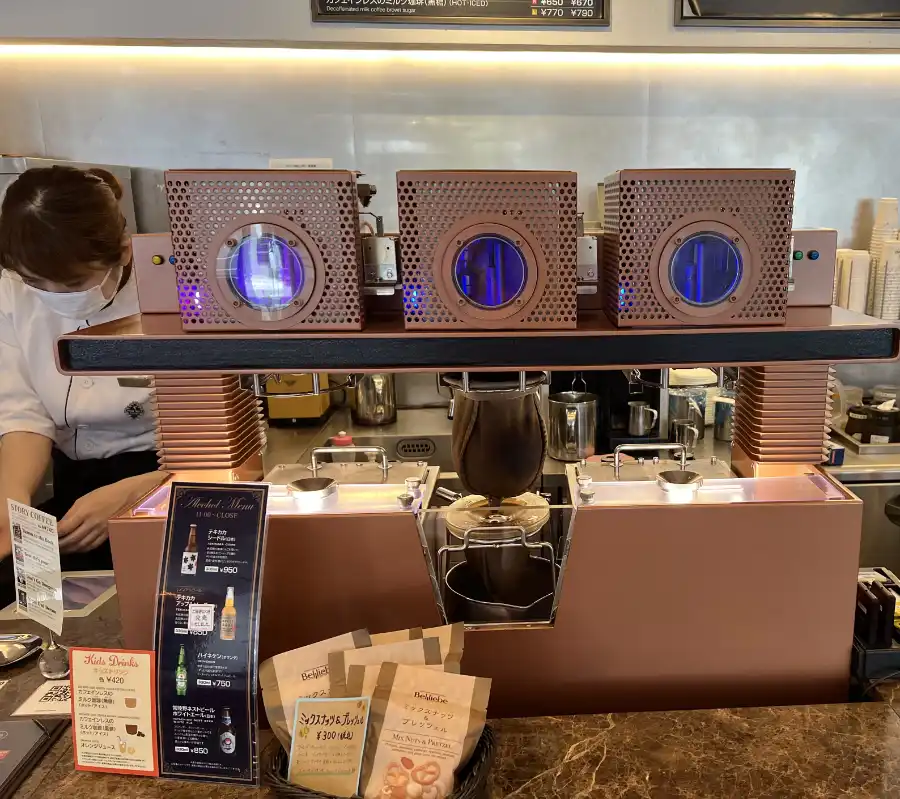
Nel drip results in under-extraction, producing an amazingly tasty coffee, a bit similar to cold brew. It’s one of the best coffee I had in cafes in Tokyo and definitely a must-try. And the flannel filter reminds me of the famous coffee brewing sock in Costa Rica.
Besides the Nel drip blended coffee, they also offer so-called “story coffee”, which are regional blends with a certain theme. Some time ago, they had single-origin drip coffee instead, which was a much better choice. I will stick to Nel drip coffee.
If you like milk in your coffee, they have several variations, with and without unrefined black sugar, shown on their website.
You can get also get the Nel coffee in the iced version. And in summer, they offer seasonal specialties. My favorite is their iced coffee with coconut cream. All iced coffees are served in elegant copper mugs that keep your drink cool.
Food choices
Ueshima serves breakfast and lunch specials in addition to their signature sandwiches. Sandwiches are a bit more expensive than at other chains, but their superior quality justifies that. Ueshima’s sandwiches are the best among all the coffee chains in Japan I have visited so far.
Caffè Veloce
Caffè Veloce is a coffee chain based in Tokyo, easily recognizable by their red-framed storefronts. The name is Italian and means fast coffee; they even get the accent right.
The interior is functional but slightly less elegant than some competing coffee chains. Many tables have outlets to charge your smartphone or laptop, making it a great place to get a little remote work done.
Coffee choices
Prices for coffee and food are very reasonable. At these prices, don’t expect a single-origin coffee. Drip coffee comes out of a BUNN coffee maker. The espresso is of the push-button variety, lacking depth and quickly losing its crema.
Food choices
The food menu includes a choice of sandwiches, paninis, which they heat up, and a few pasta dishes. And there is a hot dog similar to the one from Doutor. Unfortunately, the sausage did not pass the test: It contained a few pieces of solid fat which had me run for the fences.
Caffè Veloce is an okay place if you are on a tight budget and not a coffee aficionado.
Conclusion
Tokyo’s coffee scene is known for its attention to detail, quality, and presentation. This also applies to most of the popular coffee chains. While some coffee chains focus more on light meals than coffee, this does not mean they neglect coffee.
Whenever I crave quality coffee, my first preference is Tully’s, Excelsior, and Ueshima Coffee House.
Start exploring the local coffee scene by visiting the coffee chains in Tokyo. I did not cover many good and unique coffee houses because of the small number of outlets or their focus on a certain region. Great names include chains like Café de Crié, Hoshino Coffee, Moriva Coffee, Ginza Renoir, Pronto, Komeda Coffee, St. Marc Coffee, Streamer Coffee Company, Beck’s Coffee, and Nozy Coffee. During your next trip to Japan, don’t hesitate to check them out. You won’t be disappointed.
